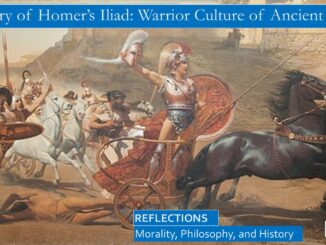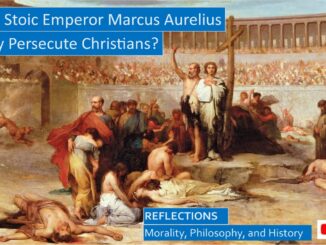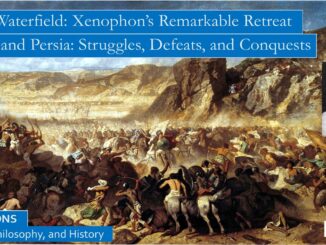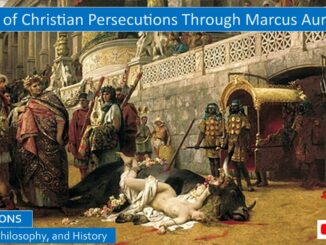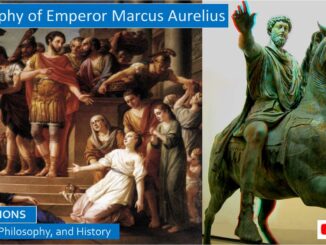
Underground Railroad: Harriet Jacobs, the Slave Girl Who Escapes Slavery Before the Civil War
In her 1861 autobiography, Incidents in the Life of a Slave Girl, Harriet Jacobs recounts her experiences, spreading the awful truth about slavery. “I can testify,” she writes, “from my own experiences and observations, that slavery is a curse to the whites as well as to the blacks. It makes the white fathers cruel and sensual; the sons violent and licentious; it contaminates the daughters, and makes the wives wretched. And as for the colored race, it needs an abler pen than mine to describe the extremity of their sufferings, the depth of their degradation.” […]





